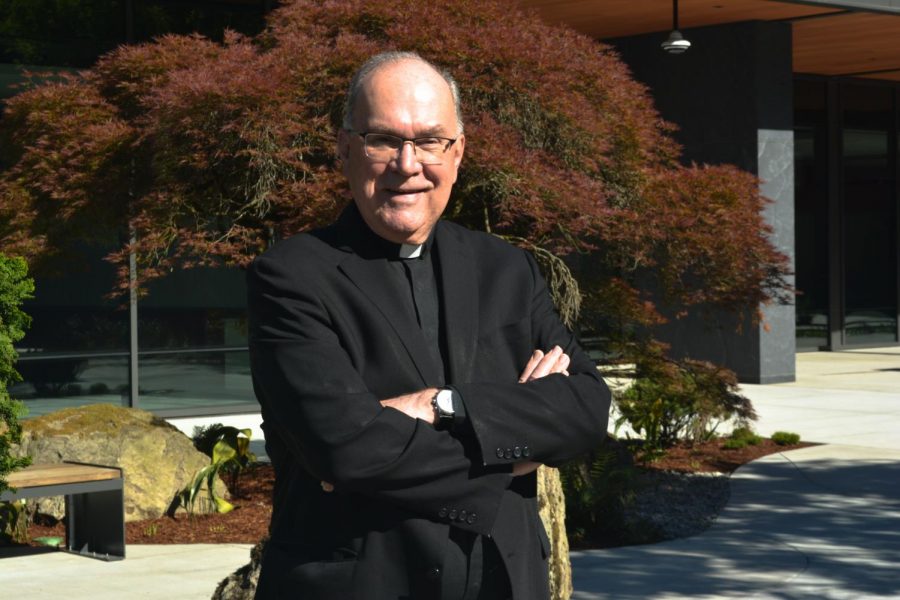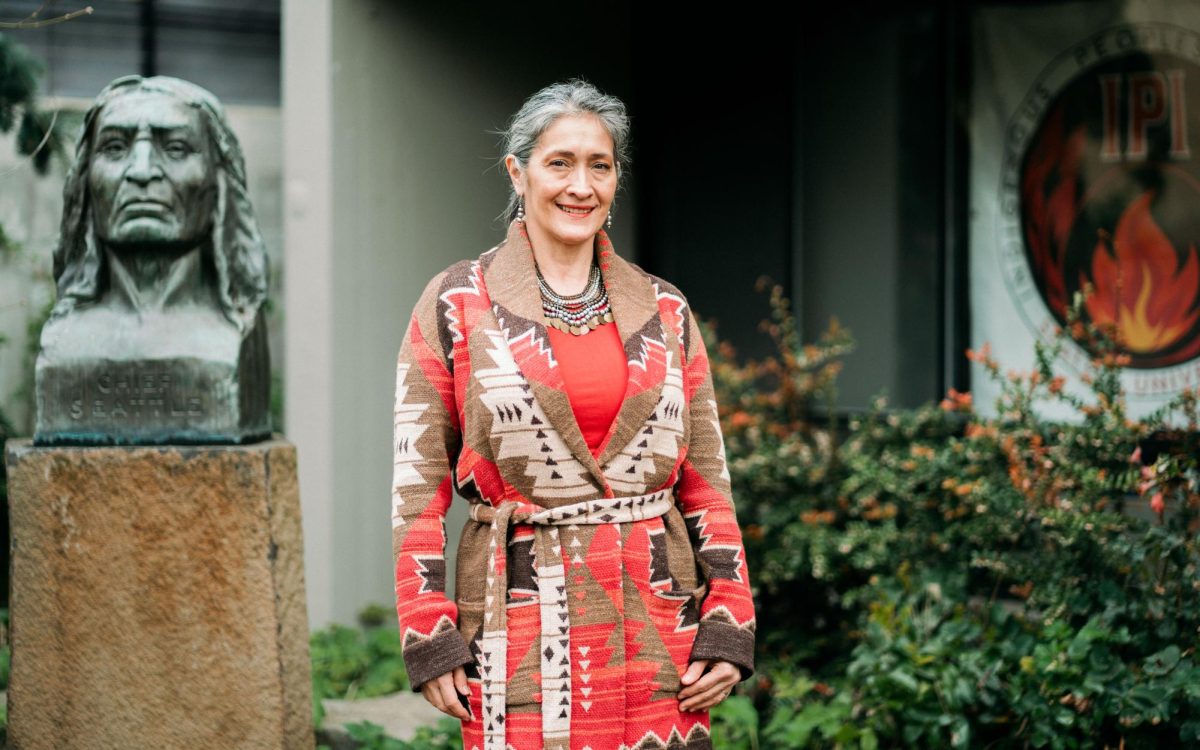College can be an enormous investment of time and money. Unfortunately, for many students, there is evidence that their degrees may not be paying off.
According to research conducted by Jaison Abel and Richard Dietz of the Federal Reserve Bank of New York, a large number of college graduates are struggling to find work in their fields. More specifically, the research purports that 62 percent of college graduates are working jobs that don’t require a college degree, and only 27 percent of graduates have work that relates to their degrees.
There is, of course, the occasional exception. For those who do find work in their area of study, the result can be a steady career and income. Take Seattle University alum Kerianne Halpin, who graduated in 2013 with a degree in business. During her time at the university, Halpin worked a number of internships around the city and just a few months after graduation got a job at Renewal by Anderson, a window replacement company based in Seattle. She’s earning a five-figure income and doesn’t have any regrets about her degree.
“Obviously it’s really nice,” she said. “I don’t have to worry about financial stuff all the time and it feels like I’m getting started with my life.”
The reality for a majority of college graduates, however, is that they’ll struggle paying back their loans for a long while after graduation. Wells Fargo recently took a survey of 1,414 “millennials” and found that more than half financed their college educations through student loans. Another study from the New York Federal Reserve showed that delinquency rates on student loans—that is, borrowers over 90 days late on their loan payments—increased to 11.7 percent between 2011 and 2013.
In essence: more graduates have more loans, with less money to pay them back. The result, from the same Wells Fargo Survey, is that a third of millennials say they feel they should have skipped college altogether and simply gotten a job and tried to start a career.
Yet Assistant Vice President of Alumni Relations Susan Vosper still thinks that the benefits of a college degree, especially at a liberal arts institution like Seattle U, outweigh the costs. Vosper pointed out that students graduating from Seattle U have a network of 34,000 alums in the Puget Sound area that are all available for networking and mentorship as graduates enter the workforce.
Moreover, Vosper said that the benefits of a liberal arts education are often harder to observe purely with statistics and that a successful career doesn’t necessarily have to mean working at a job that lines up perfectly with your degree.
“Students may be finding jobs in their chosen study, or maybe not, but what I do hear consistently is that the experience they had here at Seattle University has set them up to be applied in some way to help them move forward,” Vosper said.
Vosper happens to be a good example of this theory. She graduated from Seattle U with degrees in psychology and communications. Despite not knowing anything about computer science, she landed a career at Microsoft after graduation and enjoyed a successful 20-year career there. She eventually returned to Seattle U and got a leadership and executive MBA, soon thereafter leaving Microsoft and beginning a new career in Alumni Relations.
“I think the skills […]that are afforded one as part of a liberal education, as you continue to use them, […] will continue to pay off, year over year,” Vosper said.
Vosper argued that her liberal arts education was largely responsible for helping her get so far.
“I knew how to write, how to present and express my ideas. I knew how to think critically and ask and answer the questions well. I knew how to work well with people and work in groups and how to maneuver and navigate my way through an organization.” Vosper said.
Graduate Kaillee Coleman has a complex relationship with her degree and working life. Coleman graduated with a degree in interdisciplinary arts with an emphasis in theatre.
By all accounts, she could have easily ended up as yet another college grad with a degree in the arts and a job at a coffee shop, but she started doing scenic design with the theatre department her freshman year and eventually the connections she made there helped her get a job right after graduation. Now, she works full-time for a design firm based out of Green Lake, making $16 per hour.
For Coleman, it wasn’t so much her degree that helped her find work, but the people she met at college.
“If could have made the same connections and worked with the same faculty members without having spent so much money on the degree then yes, I would have some regrets.” said Coleman. “And also, quite honestly, I always knew what I wanted to do for work and I always focused way more on that than I did on my education.”
Even though Coleman admitted that she didn’t put as much of an emphasis on her degree, she says she still feels like she’s reaping the benefits of a college education.
“I don’t think the exact degree you get is the be-all end-all. It doesn’t really matter. I think the fact that you went to university, that you went to Seattle U and you have that to say, that counts for something. I think your actual major doesn’t really matter. What matters is what you get from it. Who you meet, and how you get yourself out there.”











